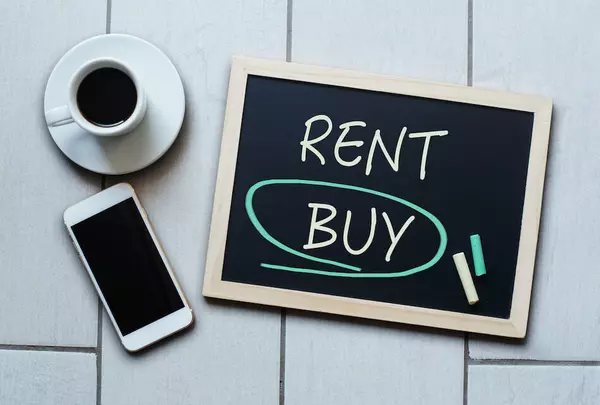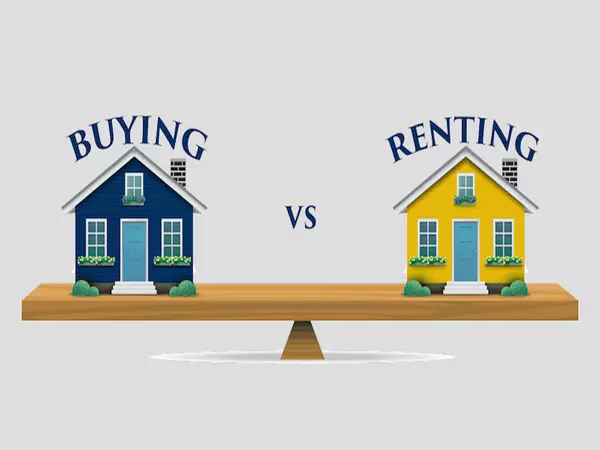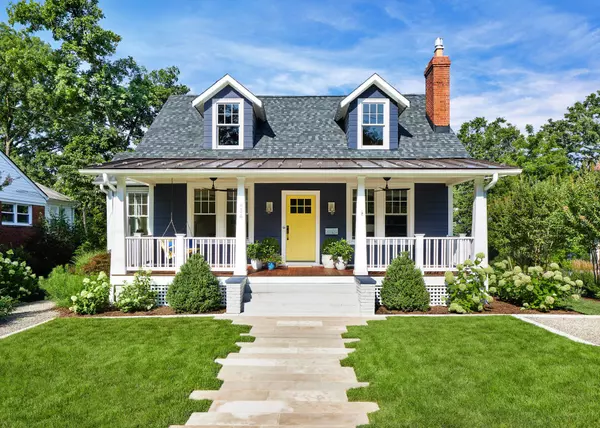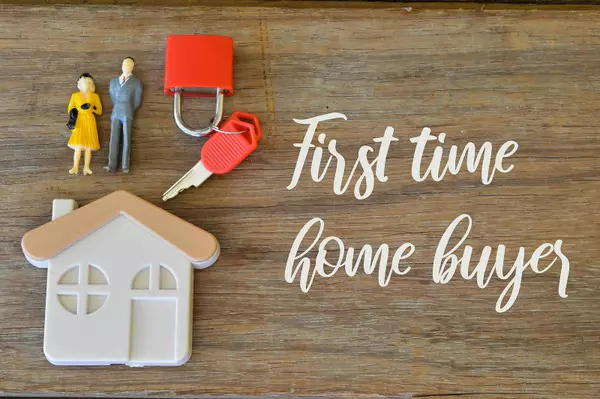Renting vs. Buying in Texas: What’s Best?
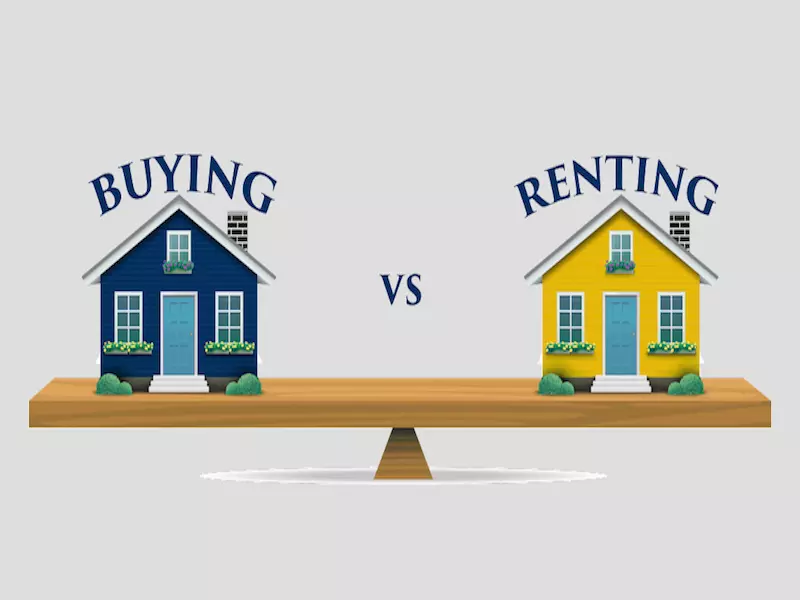
When it comes to deciding whether to rent or buy a home in Texas, there are numerous factors that potential buyers and renters need to consider. Texas, known for its diverse cities, booming economy, and relatively affordable housing market, presents unique opportunities and challenges for both renters and buyers. Here’s a closer look at what you should consider when making this significant decision.
### Financial Considerations
For many, the decision between renting and buying hinges on financial factors. Buying a home in Texas often requires a substantial initial investment. This includes a down payment—typically around 20% of the home's purchase price—closing costs, moving expenses, and potential renovation costs. However, owning a home can be a good investment in the long run as property values in Texas have generally appreciated over time.
Renting, on the other hand, usually requires less upfront cash. Renters typically need to pay the first month’s rent, a security deposit (often equivalent to one month's rent), and possibly some moving expenses. While renting doesn’t build equity or offer tax benefits like mortgage interest deductions, it does provide more flexibility and lower maintenance costs since landlords are responsible for most repairs.
### Market Trends
The real estate market in Texas is dynamic and varies significantly by region. Cities like Austin and Dallas have seen substantial growth in property values due to high demand driven by job opportunities and population influxes. In these hot markets, buying can be competitive and expensive but potentially rewarding if property values continue to rise.
Conversely, renting might be more advantageous in these areas if you’re not ready to commit long-term or if you’re waiting for the market to cool down. In contrast, smaller cities or rural areas may offer more affordable buying opportunities with less market volatility.
### Lifestyle Flexibility
Renters often enjoy greater lifestyle flexibility compared to homeowners. Renting allows individuals to relocate easily for job opportunities or personal reasons without the hassle of selling a property. This is particularly important in today’s fast-paced job market where career advancements might require frequent relocations.
Homeownership ties you down more firmly to one location but offers stability that many find appealing. Owning your own home means you can customize it to your liking without needing landlord approval. For families with children or those looking to settle down permanently, buying can provide a sense of community and permanence.
### Long-Term Plans
Your long-term plans play a crucial role in deciding whether to rent or buy. If you plan on staying in one place for an extended period (typically five years or more), buying might make more financial sense due to potential appreciation in home value and tax benefits.
However, if your future is uncertain—perhaps due to career prospects or personal circumstances—renting provides the flexibility needed without the long-term commitment of owning a home.
### Conclusion
Ultimately, whether renting or buying is best for you depends on your personal circumstances including financial situation, lifestyle preferences, market conditions where you live or plan to move, and your long-term goals. Both options have their pros and cons; it’s about finding which aligns best with your current needs and future aspirations.
In Texas' diverse real estate landscape, there isn’t a one-size-fits-all answer. By carefully weighing these considerations, you can make an informed decision that supports your financial health and lifestyle preferences while taking advantage of what the Lone Star State has to offer.
Categories
Recent Posts

